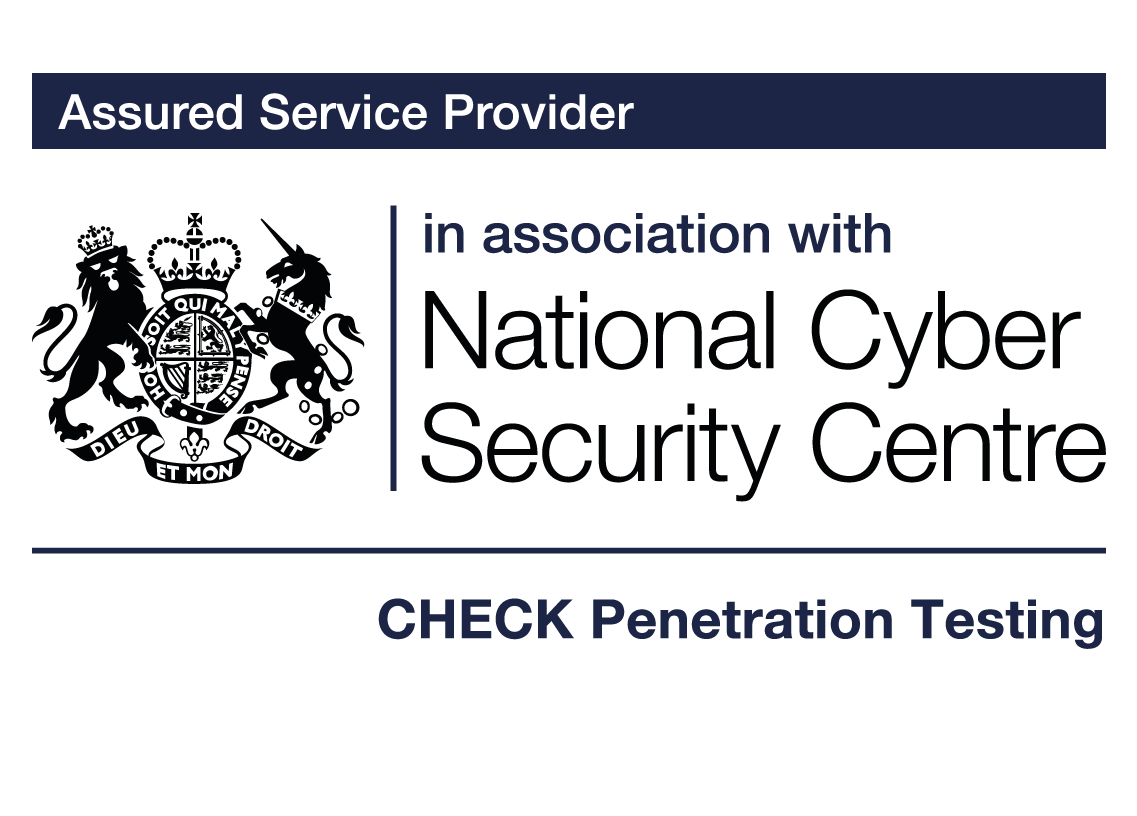Quality Engineering: The invisible hero of digital banking
11 February 2025 – Digital banking has transformed the way financial services are delivered, providing customers with seamless access to their assets and investments. However, with this transformation comes an increased complexity in the systems that support these services. For asset managers, the stakes are high. A single error can lead to significant financial losses, regulatory penalties and a tarnished reputation.
Enter Quality Engineering (QE) – the unsung hero of asset management that’s changing the game behind the scenes. Think of it as a superhero for your business infrastructure, swooping in to ensure everything from machinery to digital systems performs at its absolute best. QE isn’t just about catching problems; it’s about preventing them from happening before they even happen, saving companies millions and keeping operations running smoothly.
The role of QE in digital banking
Quality cannot be enhanced in a product solely through testing, it can only be validated at its current level. To optimise ROI and mitigate the time spent on identifying and rectifying defects, quality must be systematically integrated throughout the entire software development lifecycle (SDLC). QE encompasses a range of practices aimed at ensuring the quality of software products and systems and is making a significant impact in the digital banking industry by:
1. Driving efficiency and innovation
QE plays a pivotal role in process improvement and optimisation within digital banking by ensuring that systems and applications function reliably and efficiently. By implementing rigorous testing methodologies throughout the SDLC, financial institutions can identify and address potential issues early in the development process, thereby reducing the risk of costly errors and system downtimes. This proactive approach not only enhances the overall quality of digital banking solutions but also streamlines operational processes, leading to increased efficiency and improved customer experience. Additionally, by leveraging data-driven insights from testing outcomes, financial institutions can continuously refine their processes, adapt to emerging technologies and respond more effectively to changing customer needs, ultimately driving innovation and competitiveness in the digital banking landscape.
2. Reducing time to market
Accelerating the delivery of innovative solutions is key to staying ahead. QE practices, such as continuous integration and automated testing, allow organisations to identify and resolve issues early in the development process and create short feedback loops. This not only reduces the risk of costly rework but also speeds up the time to market for new features and services, giving asset managers a competitive edge.
3. Building trust through reliability
Reliability is a cornerstone of successful digital banking. QE ensures that systems perform consistently under various conditions. Rigorous testing scenarios, including stress testing and performance testing, help identify potential bottlenecks and vulnerabilities before they impact customers. By providing dependable services, asset managers can nurture trust with their clients, strengthening their reputation in the marketplace.
4. Enhancing user experience
Beyond functionality, usability and user experience are key to successful digital banking platforms. QE ensures these platforms are intuitive, responsive and easy to use through thorough usability testing across different devices and environments. This helps banking managers deliver a seamless, customer-friendly experience that builds loyalty.
The future of QE in asset management
As the asset management industry continues to evolve, the importance of QE will only grow. With the rise of artificial intelligence, machine learning and blockchain technology, the complexity of digital banking solutions will increase. QE will play a critical role in navigating these advancements, ensuring that new technologies are integrated seamlessly and securely into existing systems.
Our Quality Assurance testing services are meticulously designed to meet the stringent demands of the finance sector, ensuring that your software applications are reliable, secure and compliant with industry regulations. With a focus on risk management and performance optimisation, our expert teams employ advanced testing methodologies and automation tools to identify vulnerabilities and enhance user experience. By partnering with Resillion, financial institutions can achieve greater operational efficiency, reduce the risk of costly errors and deliver seamless digital experiences to their customers, ultimately cultivating trust and loyalty.
Our Accreditations and Certifications







